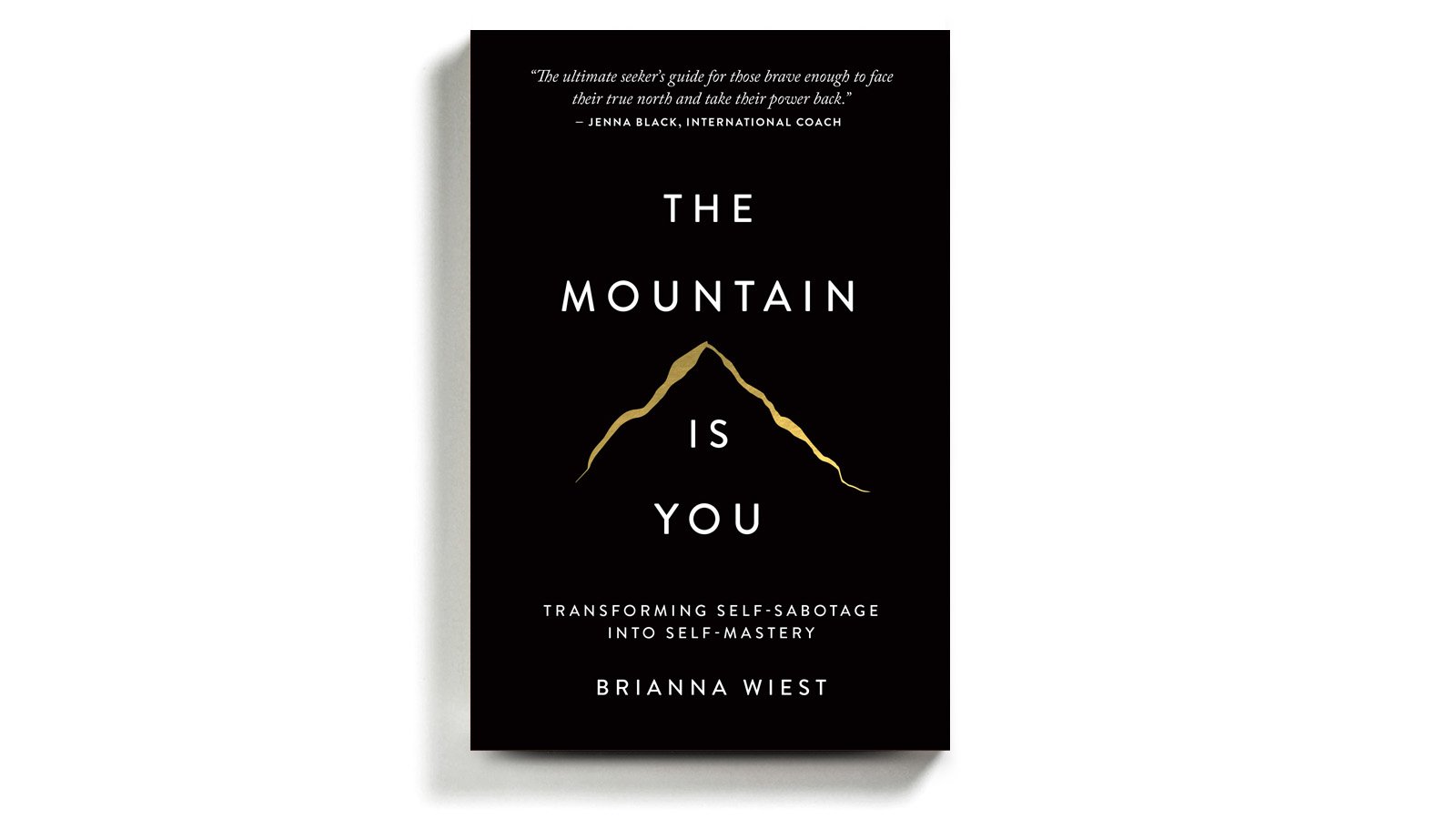#18 How to Reclaim Joy: Detoxing from Cortisol and Rediscovering Happiness
Many of my clients who have experienced early childhood trauma often grapple with fundamental questions: Why can't they seem to find happiness? Why do they constantly self-sabotage?
The answers to these questions are as diverse as the individuals asking them. In this blog, I aim to explore a few ideas that may shed light on potential reasons worth considering.
Understanding the Physiological Impact of Cortisol
For individuals whose nervous systems have become accustomed to residing in a perpetual state of fight, flight, freeze, or fawn (FFFF), this may come to be considered their 'normal' baseline experience. In this state, our bodies release cortisol, a stress hormone, which activates our physiological survival mechanisms.
However, continuous activation of FFFF can weaken the immune system, strain organs due to elevated glucose levels, and lead to long-term health issues and decreased wellbeing.
Establishing a New Baseline and Redefining 'Normal'
A common theme I encounter in my work is the need to help my clients understand that it's challenging to learn how to play, experience joy, and derive pleasure when these were not the lessons they were taught or the experiences they were exposed to. If one's formative years were centred around making choices for survival and safety, how can they be expected to suddenly know how to prioritise play and pleasure?
Unlearning the impact of early childhood trauma is a process that demands time, support, and practice. It involves teaching oneself that it is safe to embrace emotions in the present moment, that it is safe to derive pleasure and joy through our senses, and that decisions can be made motivated by play and pleasure, rather than necessity or survival.
To embark on this journey, you can begin by checking in with yourself and asking essential questions: What do I want to gain from this experience? Why am I doing this? Does it bring me joy? When do I experience genuine fun?
The Process of Detoxing from Cortisol
Reducing cortisol levels in the body can be a somewhat uncomfortable and unconscious process, akin to repeatedly checking over your shoulder to see if the proverbial tiger is still in pursuit. It demands time, self-awareness, practice, patience, and self-compassion. As you introduce more pleasure-motivated experiences into your life, you will gradually learn that it is indeed safe to experience joy, pleasure, and happiness.
If the concepts discussed here resonate with you and you wish to explore them further, seeking support for self-reflection is advisable. Changes in energy and mood might require attention and guidance, making it crucial to have a supportive network in place.
As a related book recommendation, I suggest "The Mountain Is You," which delves into these themes more deeply, offering insights and tools for self-discovery and healing.
In conclusion, the path to detoxing from cortisol and rediscovering a life motivated by joy and pleasure is a transformative journey. It requires introspection, support, and patience, but the destination is worth the effort – greater happiness and wellbeing are within reach for those willing to embark on this personal odyssey.
"The Mountain Is You: Transforming Self-Sabotage Into Self-Mastery" by Brianna Wiest.
Prompts and Questions
Why can't I seem to find happiness despite my efforts? Understanding your past experiences, particularly early childhood trauma, can shed light on the challenges you currently face. Increasing self-awareness of your body and mind through mindfulness techniques can help you understand your unique disposition of your nervous system. Your nervous system holds the keys to the doorway of happiness and joy.
How does cortisol impact my ability to experience joy and pleasure? High levels of Cortisol (a stress hormone), can affect your physiological and emotional well-being by keeping your body in a constant state of alertness and making it more challenging to derive pleasure, relaxation and joy from life.
How can I start detoxing from cortisol and experience more happiness in life? The process of reducing cortisol levels involves self-awareness, patience, and self-compassion, accessing support as you gradually reintroduce joy and pleasure into your life. It’s a reflective process of safety experiencing the sensations and feelings of life.
We would love to hear your thoughts and feelings on this article and prompts, please comment below or reach out.
IF YOU ENJOY OUR BLOGS, WHY NOT SIGN UP TO RECEIVE OUR NEWSLETTERS directly to your inbox.


